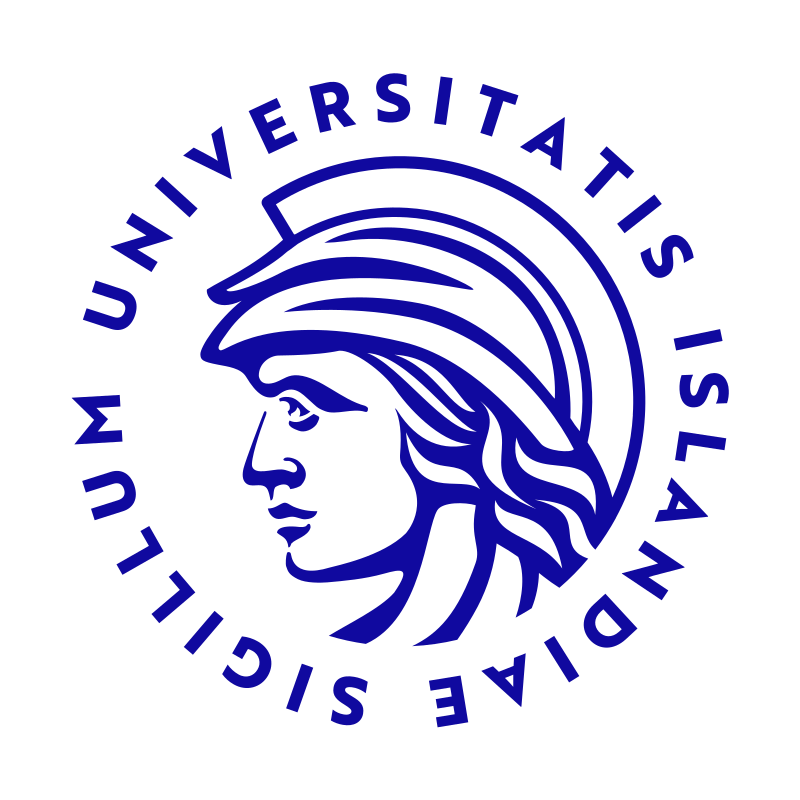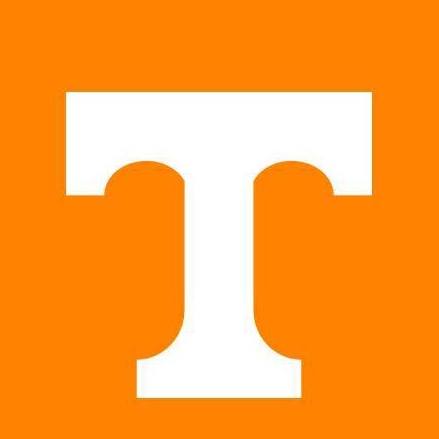Concordia University offers both a Master of Arts (MA) and a Master of Science (MSc) program in Mathematics and Statistics. These programs are designed to provide students with advanced knowledge and skills in the fields of mathematics and statistics, emphasizing theoretical understanding, analytical thinking, and problem-solving abilities.
Here is a general overview of the MA/MSc programs in Mathematics and Statistics at Concordia University:
Core Courses: The programs typically include a set of core courses that provide a foundation in mathematical and statistical theory and methods. These courses may cover topics such as advanced calculus, linear algebra, probability theory, mathematical statistics, mathematical modeling, and numerical analysis. These courses aim to enhance students' theoretical understanding and analytical skills.
Elective Courses: Students have the opportunity to choose elective courses based on their specific interests and career goals. These courses may cover various areas within mathematics and statistics, such as differential equations, discrete mathematics, statistical inference, time series analysis, data mining, optimization, and mathematical finance. Students can tailor their course selection to their particular areas of interest or specialization.
Research Component: Depending on the program and students' preferences, there may be a research component where students can conduct independent research under the guidance of a faculty advisor. This may involve selecting a research topic, reviewing relevant literature, collecting and analyzing data, and presenting research findings. The research component allows students to contribute to the advancement of knowledge in mathematics or statistics.
Thesis or Project Option: Students may have the option to complete either a thesis or a project as a culminating requirement of their program. The thesis option typically involves conducting an original research study and writing a thesis document that demonstrates students' research skills and contributions to the field. The project option may involve solving a practical problem or completing an applied project related to mathematics or statistics.
Seminars and Workshops: Students may have opportunities to participate in seminars, workshops, and conferences related to mathematics and statistics. These events provide a platform for students to present their research, engage in scholarly discussions, and interact with experts in the field.
It's important to note that the specific course offerings and requirements may vary between academic years and between the MA and MSc programs. For the most accurate and up-to-date information regarding the MA/MSc programs in Mathematics and Statistics at Concordia University, I recommend referring to the official Concordia University website or contacting the Department of Mathematics and Statistics.
Show less














